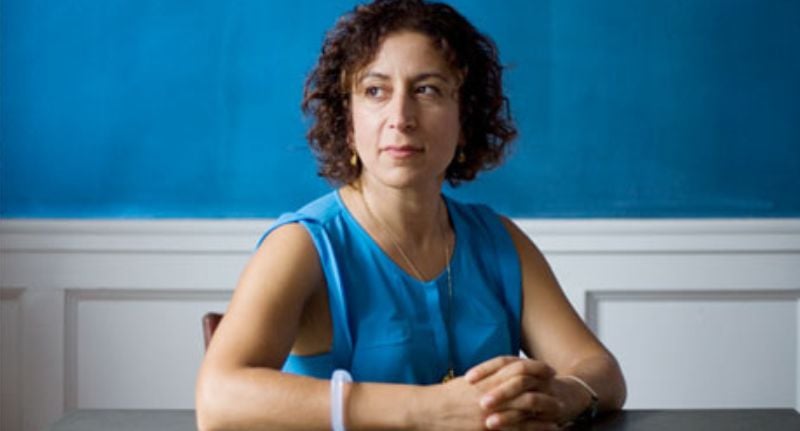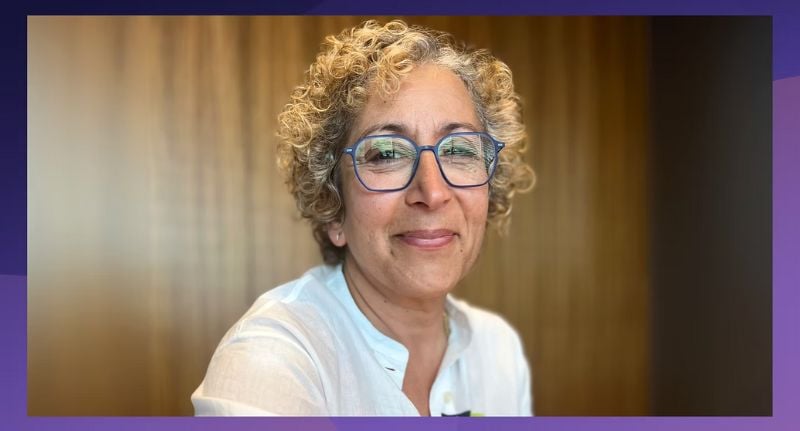One of America’s most distinctive and daring voices, The Atlantic’s Hanna Rosin, is headed to Sydney this month, and she’s not coming quietly.
Ahead of her appearance as keynote speaker at the 2025 Women in Media National Conference next Friday, 15 August, Rosin sat down with Mediaweek’s Newsmakers podcast for a conversation that pulls no punches: on masculinity in crisis, gender roles in reverse, journalism under pressure, and what it means to stay soft in a hardening world.
Rosin, currently Senior Editor at The Atlantic and host of Radio Atlantic, is best known for her bestselling book The End of Men: and The Rise of Women, as well as her groundbreaking work on NPR’s Invisibilia.
She’s spent decades chronicling the cultural shifts most of us only start noticing once they’ve hit breaking point. And right now, she says, we’re living in one.
“There’s been an incredible backlash, a dominance of a certain macho way of talking that I would not have imagined.”
Macho performance, media fatigue, and a culture split in two
In the full interview, Rosin talks about how the “manosphere” went from fringe to full-blown cultural force, and why America now seems to be cleaving into two very different countries: one leaning hard into gender essentialism, the other experimenting with identity, fluidity and queerness in ways that would’ve felt unimaginable a decade ago.
“It’s coexisting awkwardly, but I don’t know how you put that genie back in the bottle,” she said.
She also doesn’t shy away from her own exhaustion with the media cycle, calling out the empty back-and-forth of cable news and clickbait politics, and pointing to a more meaningful kind of storytelling that’s getting harder to find.
“You forget that there are actual people whose lives are affected, it’s almost like journalism is disconnected from that now.”
Personal stakes and a story still being written
In one of the most striking moments of the interview, Rosin opens up about her own life, her divorce, her current relationship with a woman, and how that shift made her think differently about restlessness, openness, and the ways women have always had to adapt.
“When does restlessness become openness? How does fluidity serve us? Why are some people more open than others?”
These are the questions she’s sitting with, and they echo through her reflections on journalism, identity, and power. There’s sharpness in her analysis, but also softness, an openness to contradiction and complexity.
“There’s a power that we recognise in each other when we’re together… it’s not theatrical, it’s real.”

The Atlantic’s Hanna Rosin
A media veteran with her eyes wide open
Rosin is clear-eyed about the state of journalism, and the institutions that are still standing.
She sees The Atlantic as one of the few places left in American media that still supports deep reporting, thoughtful storytelling, and space to actually think. But she’s also inspired by independent makers, new models, and the entrepreneurial spirit rising in the cracks left behind.
“We’re many years into the institutions of journalism declining, but people are getting nimble and figuring out how to do it.”
At the heart of Rosin’s conversation with Newsmakers is a longing, one many journalists and readers will recognise. A longing for stories that matter. That grabs you by the collar. That change something.
“Don’t you miss it? When you come upon something and it actually grabs you?”
Yes. Yes we do.
Listen to the full interview now on Mediaweek’s Newsmakers podcast here.
